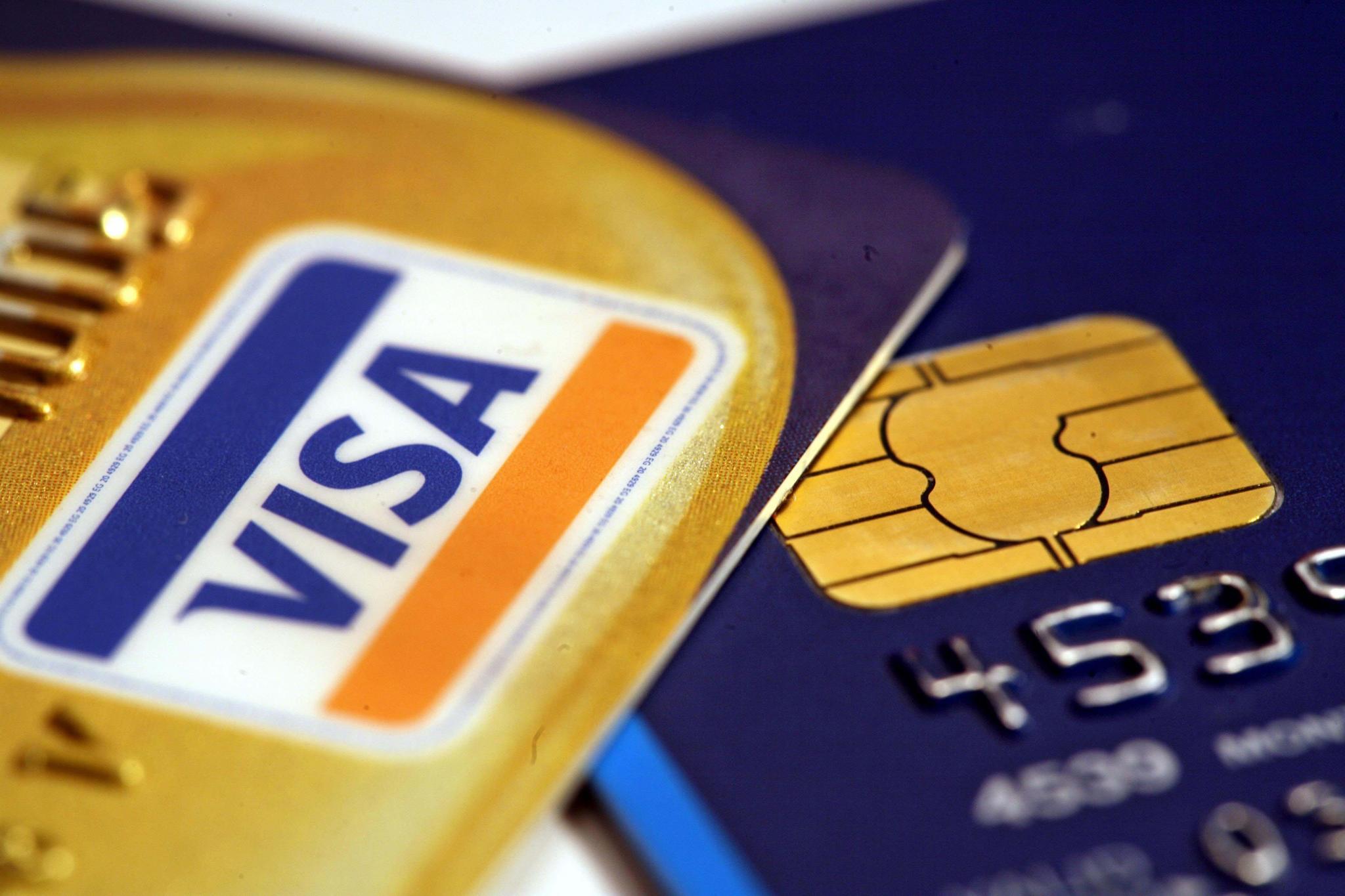
A QUARTER of holidaymakers who rely on their credit or debit cards while travelling abroad have had their plastic blocked during their trip, research has found.
Some 26% of people who had used their card while travelling abroad said they had experienced it being blocked by their provider – despite nearly two-thirds (61%) of them saying they had notified their bank that they were going on holiday – uSwitch.com found.
The unexpected freeze on holiday spending can prove time-consuming and costly to resolve, the research found, with people saying they spent around an hour typically sorting the problem out as they made phone calls to their bank.
A quarter (27%) of those who had their card blocked said they were left feeling stressed and anxious, while a fifth (22%) had to borrow money from family and friends to get through to the end of the trip.
One in six (15%) had to wait more than 24 hours before their card was reactivated.
The research found 46% of people would like banks to offer instant text alerts to tell them when their card had been suspended, while 35% would like email notifications and 22% would like to be told via their app.
uSwitch.com said it would like to see banks provide customers with an automatic refund of any costs associated with reactivating their credit or debit card, if the bank had previously been informed about the overseas trip.
Tom Lyon, a money expert at uSwitch.com, said that while banks typically block cards in this way for security reasons, many people are finding their cards are stopped even after notifying their provider about their travel plans.
He said: “Banks need to up their game and look to technology to ensure that they are providing consumers with an efficient service when they are stranded abroad with a blocked card.
“If you are heading overseas, let your bank know about your travel plans. It is also worth providing your bank with your contact number and making sure your number with them is up-to-date, to allow them to get in touch if you run into problems.
“If you do incur costs such as call or data charges when trying to reactivate your card, ask your bank for a refund. If your bank turns your complaint down, you can take your case to the free and independent Financial Ombudsman Service.”
More than 2,000 people from across the UK took part in the survey, of whom 49% had previously used their card for spending while abroad.

Enjoy the convenience of having The Sunday Post delivered as a digital ePaper straight to your smartphone, tablet or computer.
Subscribe for only £5.49 a month and enjoy all the benefits of the printed paper as a digital replica.
Subscribe